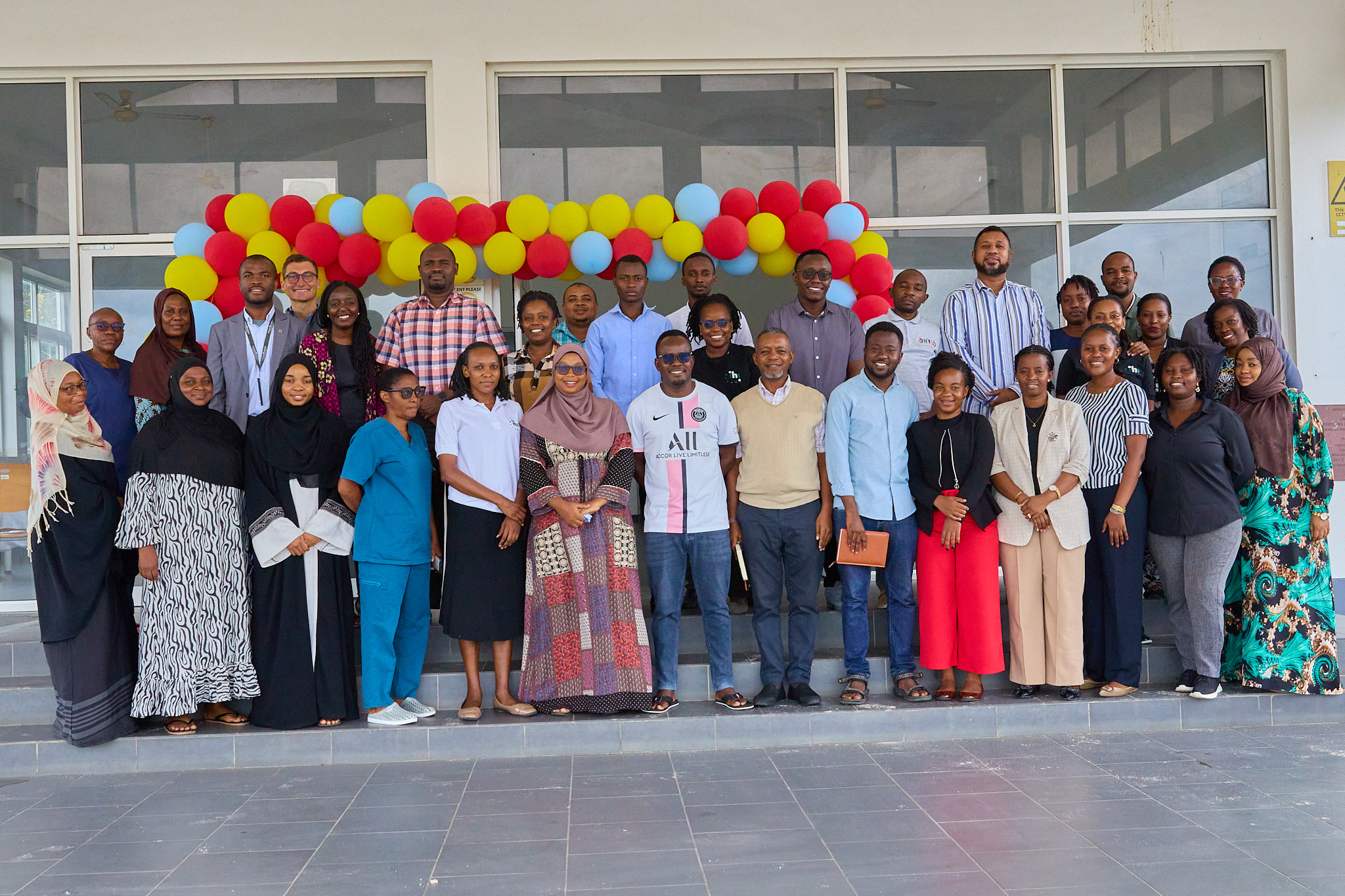
SYMPOSIUM: Exploring the link between neurological disorders and immune system

Yesterday, the Tanzania Immunology Society, in collaboration with the Ifakara Health Institute and partners, hosted the 2025 Day of Immunology Symposium in Bagamoyo. This annual gathering brought together scientists, clinicians, and students under the global theme, “Brain and Immunity – Immunological Insights into Neurological Disorders.”
The symposium aimed to raise awareness and foster scientific dialogue on the connection between the immune system and brain health, highlighting how immune responses can influence the development and progression of neurological disorders.
In their opening remarks, Dr. Ally Olotu, Director of Science at Ifakara Health Institute, and Aneth Tumbo, Ifakara Research Scientist and Interim President of the Tanzania Immunology Society, underscored the vital role of immunology in diagnosing, managing, and preventing brain-related illnesses. They called for increased research and collaboration to better understand the immune system’s impact on neurological health, particularly in the African context.
Expert insights into brain, immune system interactions
The symposium featured compelling presentations from leading scientists and clinicians, each shedding light on the complex relationship between the brain and immune system. Prof. Mariekke C.J. Dekker, Consultant Neurologist at KCMC Hospital, discussed common patterns of brain inflammation seen in Sub-Saharan Africa.
Jacob Lema, Research Scientist at the National Institute for Medical Research (NIMR), explained how the brain parasite Taenia solium hides from immune defenses in people living with HIV, while, Dr. Josephine Mapunda, Lecturer at NM-AIST and Postdoctoral Associate at the Hormel Institute, University of Minnesota, shared insights on how brain tumors like glioblastoma create their own blood supply and suppress immune responses, making them harder to treat.
Break silos, build the future of neuroimmunology
In his closing remarks, Dr. Godfrey Temba, Immunologist at KCMC Hospital, stressed the urgent need for cross-disciplinary collaboration between neurologists and immunologists. “Understanding the immune system’s influence on the brain is no longer a frontier—it’s a necessity,” he said.
“Our ability to treat complex neurological conditions, from multiple sclerosis to neuroinfectious diseases, depends on breaking down silos and promoting integrated research and clinical practice.” Dr. Temba also encouraged young scientists to pursue neuroimmunology as a career path, highlighting its critical importance for the future of global health.
The 2025 symposium marked another milestone in the Tanzania Immunology Society’s commitment to advancing immunological research in Tanzania and promoting evidence-based approaches to healthcare. As the scientific community continues to explore the connections between the brain and the immune system, platforms like this remain essential in shaping the future of medicine.
